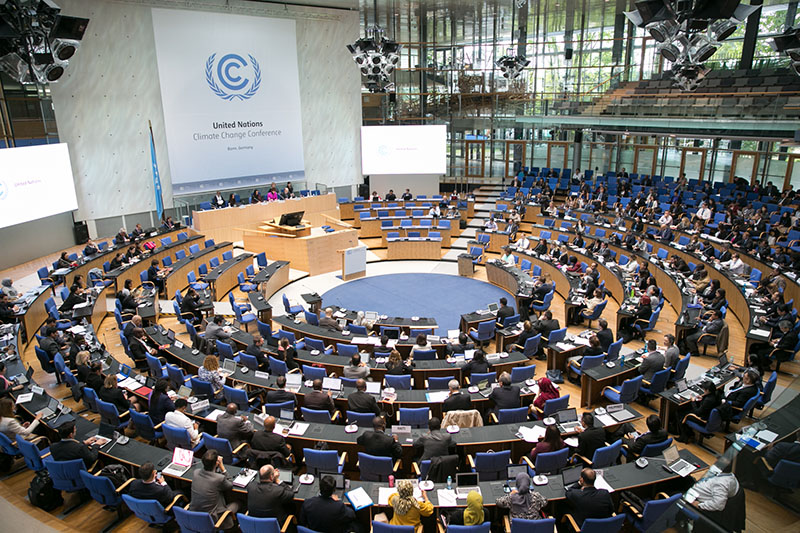
Mining & Trade News
Malawi Online News
Top Stories
Energy
Climate conference gives hope to Malawi’s industrial sector
November 15, 2021 / Charles Mkula

Recently, UN Secretary General Dr António Guterres warned the Glasgow Climate Conference that “addiction to fossil fuels is pushing humanity to the brink”.
The warning comes as the world reawakens to the realization that uncontrolled use of fossil fuels emits human and environmental damaging carbons that causes global warming.
Southern Africa including Malawi has been more vulnerable to experiences of global warming’s extreme weather events such as heat waves, droughts and heavy flood-causing rainfall.
A recent study in Malawi on the effects of Cyclone Idai in 2017 titled “An Aftermath of a Disaster” by British based climate justice media research firm, Whales that Fly and Malawi’s Hyphen Media Institute shows that global warming not only destroyed the livelihoods of affected Malawians but also ruined the country’s most relied upon social and economic sectors such as agriculture, fisheries, forestry, energy and went on to overstretch the education and health systems leading to deaths, injuries and displacements of thousands of people.
Africa Centre for Strategic Studies observes that the incidence of natural disasters in Sub-Saharan Africa has increased at a faster pace than the rest of the world. Compared to the 1970s, the frequency of droughts has nearly tripled, storms have quadrupled, and floods increased tenfold.
“Either we stop it, or it stops us,” challenged Guterres.
While African countries are only responsible for about 4 percent of all carbon emissions, the Paris Climate Conference held six years ago agreed to reduce 45 percent of emissions by 2030 if global warming is to go just 1.5 °C above pre-industrial levels.
Hyphen Media Institute Board Chairperson, Eldson Chagara, says for the world to achieve the 1.5 °C mark there is need to move away from fossil fuel such as oil and gas to renewables like solar and wind energies.
“Switching to renewable energies opens the country to many other economic opportunities such as expanding its manufacturing base by creating value addition options for minerals for making solar or wind panels as well as manufacturing batteries for the solar panels, wind turbines, smartphones, and laptops,” he says.
“These resources if properly planned for and utilized with sustainable community and environmental centred principles could transform the country’s social and economic landscape,” says Chagara.
Malawian geological and mineral expert, Grain Malunga, has responded saying the country can grow its economy by taking advantage of the Glasgow Climate Conference agreement to reduce carbon emissions.
He says Malawi must start strategizing on how to sustainably produce and add value to locally available mineral resources that can be used to produce renewable energy technologies.
The COP26 climate conference is urging nations to transit from fossil fuels to renewable energies.
Malunga notes that Malawi is endowed with silica sand, iron ore, rare earths, uranium and graphite deposits that can be used in the manufacturing of solar panels. He says the country also has significant deposits of cobalt, lithium and rare earth minerals which can be used to produce renewable energy technologies.
“We must position ourselves to be able to participate in the manufacturing of some renewable energy technologies as well as the exportation of raw materials for the technologies,” says Malunga adding that government should also start thinking of training Malawian technicians and engineers who can harness energy from the country’s uranium and bauxite deposits.
Edgar Bayani, Chairperson and Chief Executive Officer at Community Energy Malawi reiterates saying that Malawi is resourcefully well positioned to make significant contributions to the production of renewable energies
“Malawi has rich renewable generation potential in hydropower, solar, wind and biomass, which, if well utilized, could produce a wide range of cheap and reliable power systems, ” he says
Meanwhile, SADC chairperson and president of Malawi, Lazarous Chakwera calls on developed countries, as prime polluters of the earth, to commit to financing climate change mitigating and adaptation measures by poor countries.
“This is what the people in Mozambique, Zimbabwe, and Malawi are asking after burying the relatives they lost during Cyclone Idai,” Chakwera said when addressing fellow leaders.































